Affairs: Geopolitics / Strasbourg
Inside the labyrinth
Twelve times a year, thousands of parliamentarians and their staff journey to the Alsatian seat of the European Parliament for four days of deliberation. As the far-right ascends across the continent, what lies ahead for this travelling circus?
“I used to send interns here with a ball of twine,” says Pelle Geertsen, aide to a Danish mep. We’re at a bar in the Winston Churchill building of the European Parliament (EP) in Strasbourg and Geertsen is explaining how difficult this place can be to navigate. Not that he needs to. This is one of eight meetings over two days to which either monocle or the interviewee has been late. It doesn’t help that we are in the midst of the penultimate plenary session before what many believe will be the most consequential parliamentary elections in EU history: a four-day spectacle conducted in 24 languages across 27 countries between 6 and 9 June that is expected to result in a surge of support for far-right Eurosceptic parties.
Conversations are snatched in vestibules and photographs hastily taken. But they are always taken. MEPs have a visibility problem and media attention, especially during an election cycle, is eagerly received. So, over two days in Strasbourg, monocle runs down corridors, up stairs and into lifts. After getting lost nine or 10 times, we begin to find our bearings.
The unnavigability of the EP’s official seat is a long-running joke. If you were being unkind, you could say that this particular institution’s design serves as a pretty on-the-nose metaphor for the wider system. The building’s façade is magnificent: a glassy amphitheatre reaching towards the heavens. But inside, it’s a maze. Spiral staircases skip whole floors while seemingly endless curved corridors quicken your pulse as they deaden your legs.
“For MEPs, the question, ‘Where do you live?’ is sometimes difficult to answer”
Several times, members of parliamentary staff approach monocle asking for directions – surely a sign of desperation.
Or perhaps it’s exasperation. Most of the meps, aides, functionaries and even journalists who descend on Strasbourg for four-day stints 12 times a year do not want to be here. Whenever the issue is put to a vote in the chamber, there is overwhelming support for scrapping the seat altogether and consolidating the parliament in Brussels, where the EU’s executive branch, the European Commission, is based. “There isn’t really any democracy in the world that puts its parliament 450km from the executive with which it is supposed to negotiate,” says Daniel Freund, a German Green party mep.
But then again, the EU isn’t like any other democracy in the world. A union of 27 sovereign nations, its most potent value is arguably symbolic – or, at least, it was when its spiritual predecessor, the European Coal and Steel Community, emerged from the rubble of the postwar continent in 1951. At the time, Franco-German reconciliation was considered the bedrock on which a prosperous Europe would be rebuilt. In this regard, Strasbourg – the capital of Alsace, a region that had been fought over by Paris and Berlin in a succession of increasingly devastating wars – was a powerful emblem of a new age of peaceful co-operation. It began filling up with European institutions in 1949 but only became the EP’s official seat in 1992, a decision that was incorporated into the 1997 Amsterdam Treaty and therefore requires unanimous support among member states to alter. Thus began what many call a “travelling circus”.


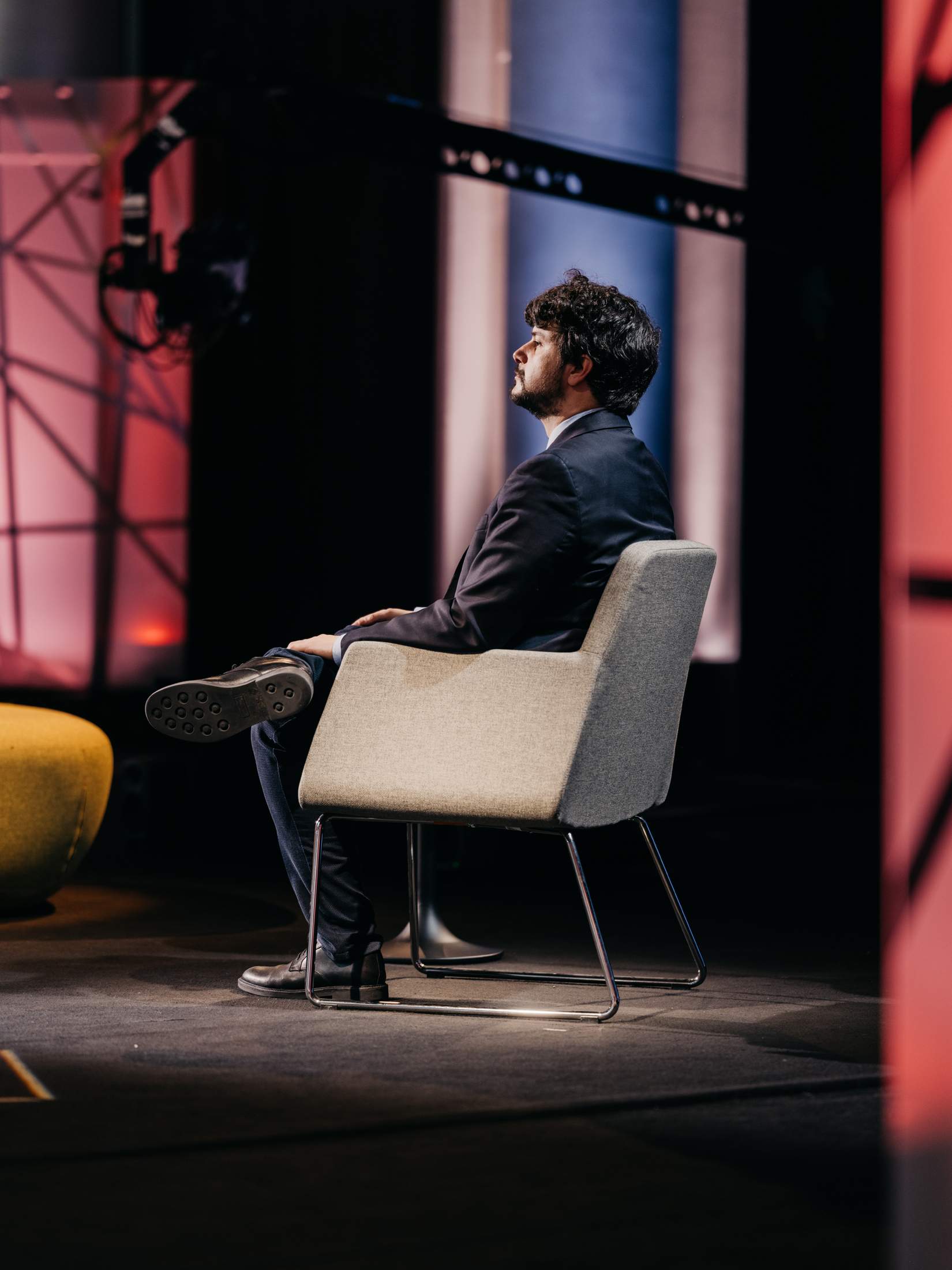
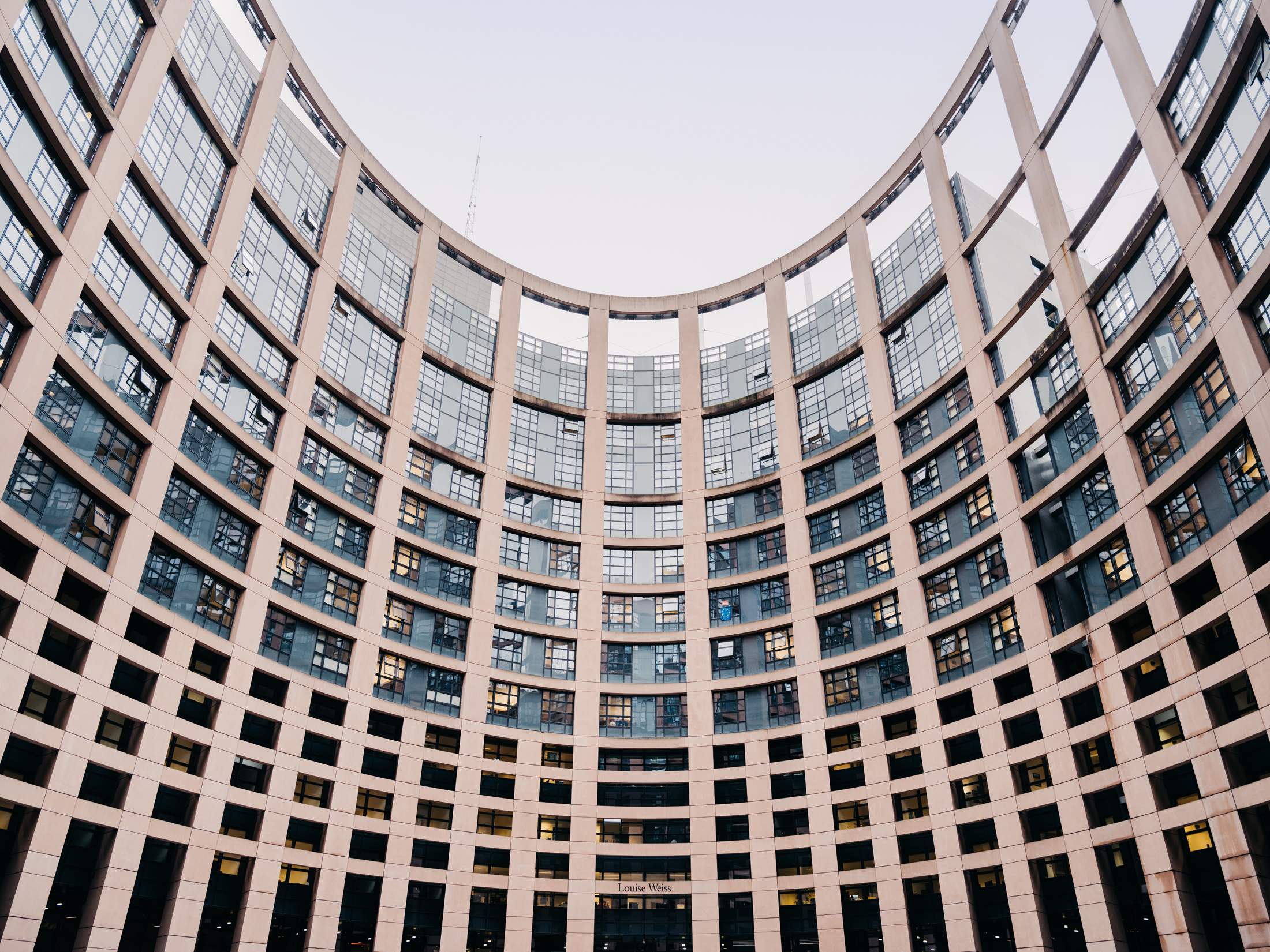
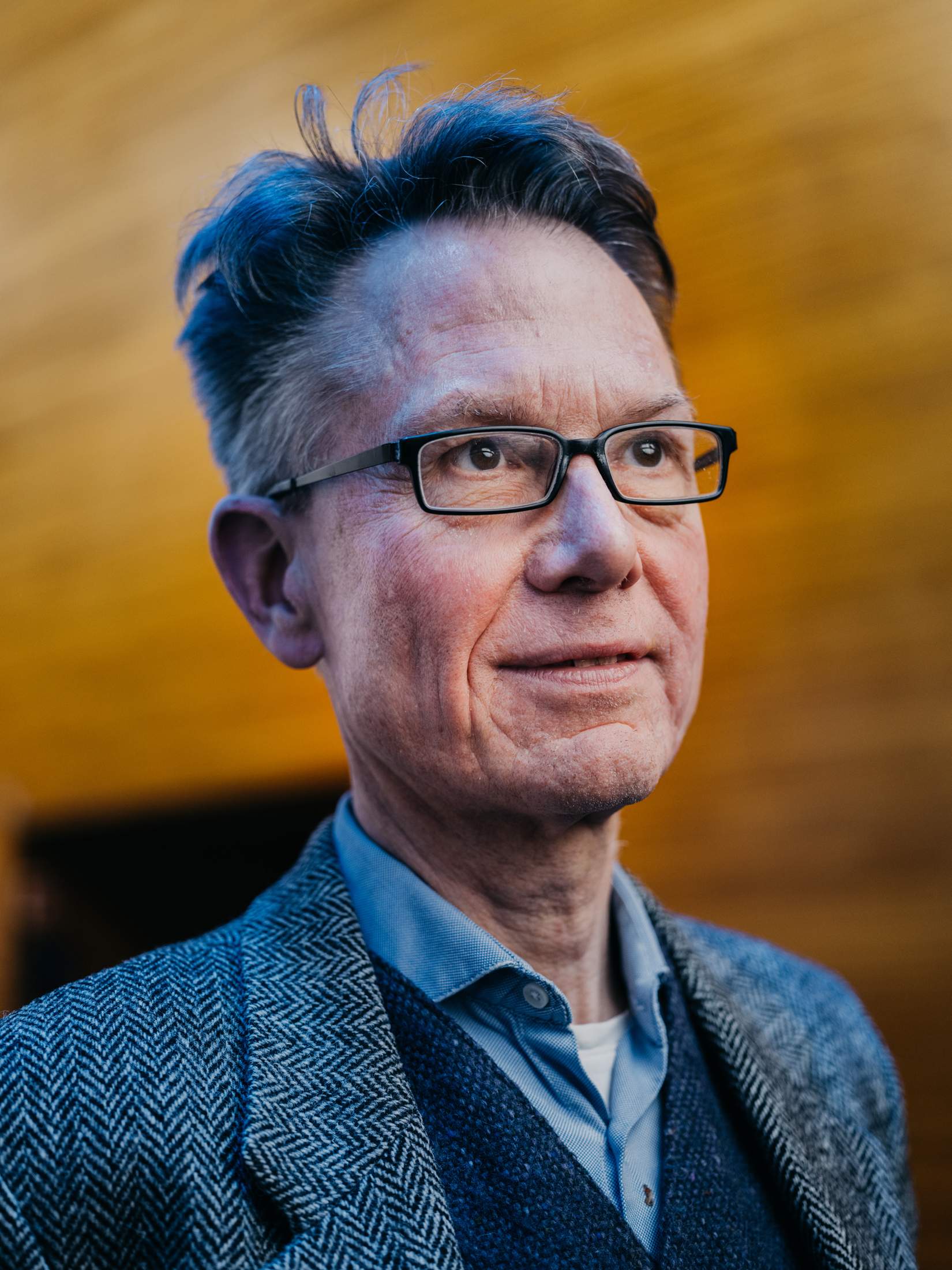

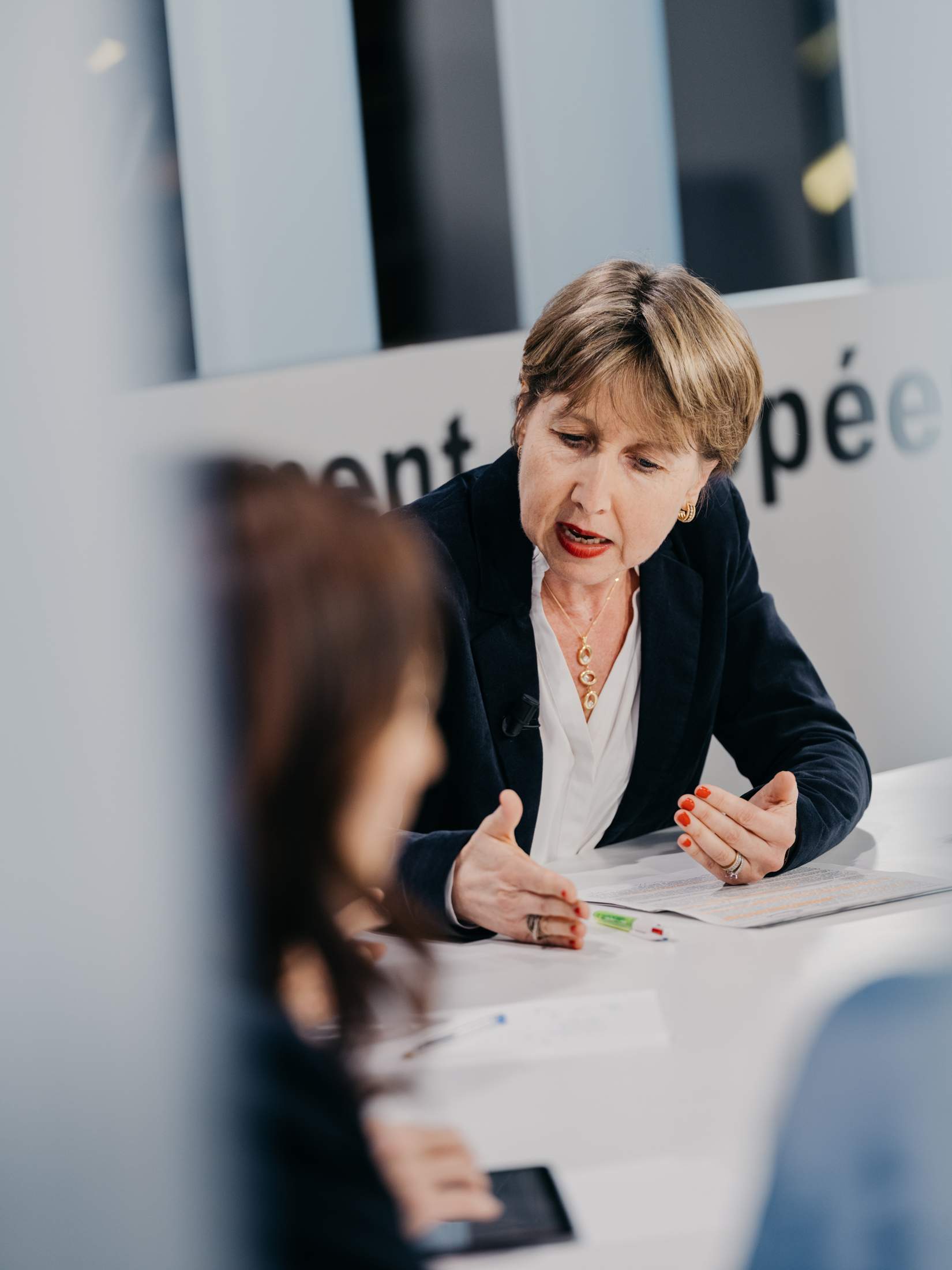
Since most of the EU’s business is conducted in Brussels, where there is another larger parliamentary building, and a third of meps, as well as almost all of their staff, are based in the Belgian capital, about 6,000 of these people descend on Strasbourg from across the continent. To facilitate this great migration, the EU charters two trains that run from Brussels Midi to Strasbourg via Paris Charles de Gaulle, a journey that takes three hours and costs meps €160 each way. Then there’s the paper trail: every plenary session necessitates the transportation of some 750 trunks of meps’ personal documents and effects in four articulated lorries. Whenever monocle meets a parliamentarian in their office, an open trunk sits, usually in the corner of the room, as a reminder of their peripatetic life.
“For meps, the question, ‘Where do you live?’ is sometimes difficult to answer,” says Freund. But his situation is relatively straightforward. Freund is based in Brussels, where his children are at school, and either takes the train or drives for five hours between there and Strasbourg or for two hours to Aachen, which is in his constituency. For others, things are more complicated.
Marcel Kolaja, a Czech mep from the Pirate Party, drives for more than seven hours from his home near Prague to Strasbourg every month. “Having the EC in Brussels and the EP in Strasbourg is like the UK government being in London and parliament being in Glasgow,” he says. “It doesn’t really make sense.” Nikolaj Villumsen, a Danish mep from the Red-Green Alliance, flies from Copenhagen to Frankfurt Airport, from where he takes a two-and-a-half-hour train journey to Strasbourg, a common route for those travelling from places other than Brussels. “It’s seldom that I talk to people about my work without the conversation leading to how stupid this situation is,” he says.
Brando Benifei, an Italian mep for the Democratic Party, commutes from his home in La Spezia to Milan, then flies to Frankfurt. He thinks that the EP should consolidate its work in Brussels, whose airport, unlike Strasbourg’s bijou hub, has connections to most of Europe’s large cities. “It could still meet here on a few important occasions,” he says, by way of compromise.
In common with nearly all meps, Freund, Kolaja, Villumsen and Benifei have arrangements with hotels in Strasbourg that offer them the same room at a regular rate for their it’s nice to know my way around when I wake up in the morning,” says Villumsen. Freund believes that the parliament’s 6,000-strong entourage is propping up the city’s hospitality sector. “The quality is so questionable,” he says. “It’s of a standard that I have rarely seen anywhere else in Europe. It has to do with this bizarre situation in which hotels are making a living from people staying for just a few nights a month, which doesn’t pay enough to keep things in good shape.”
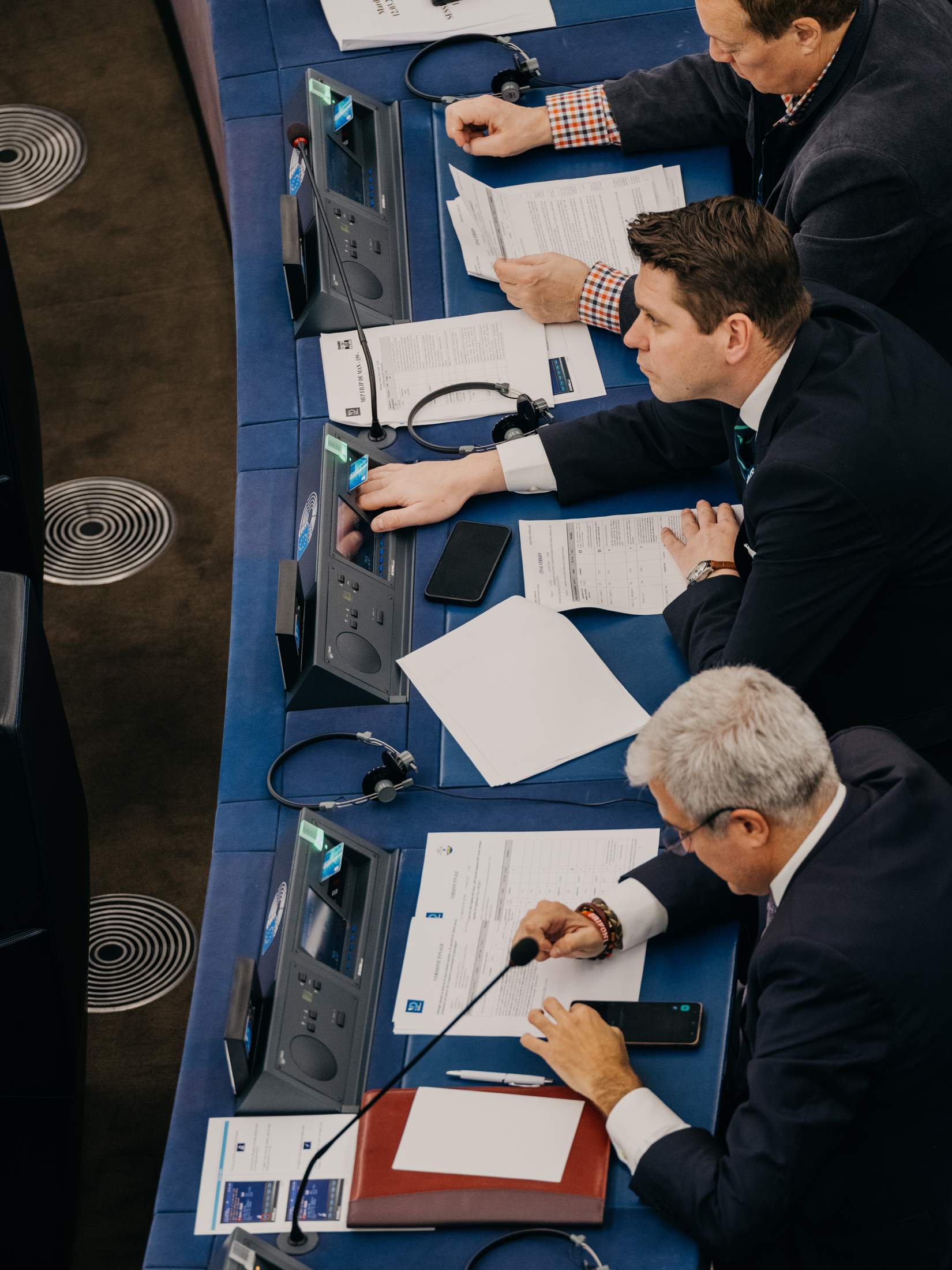
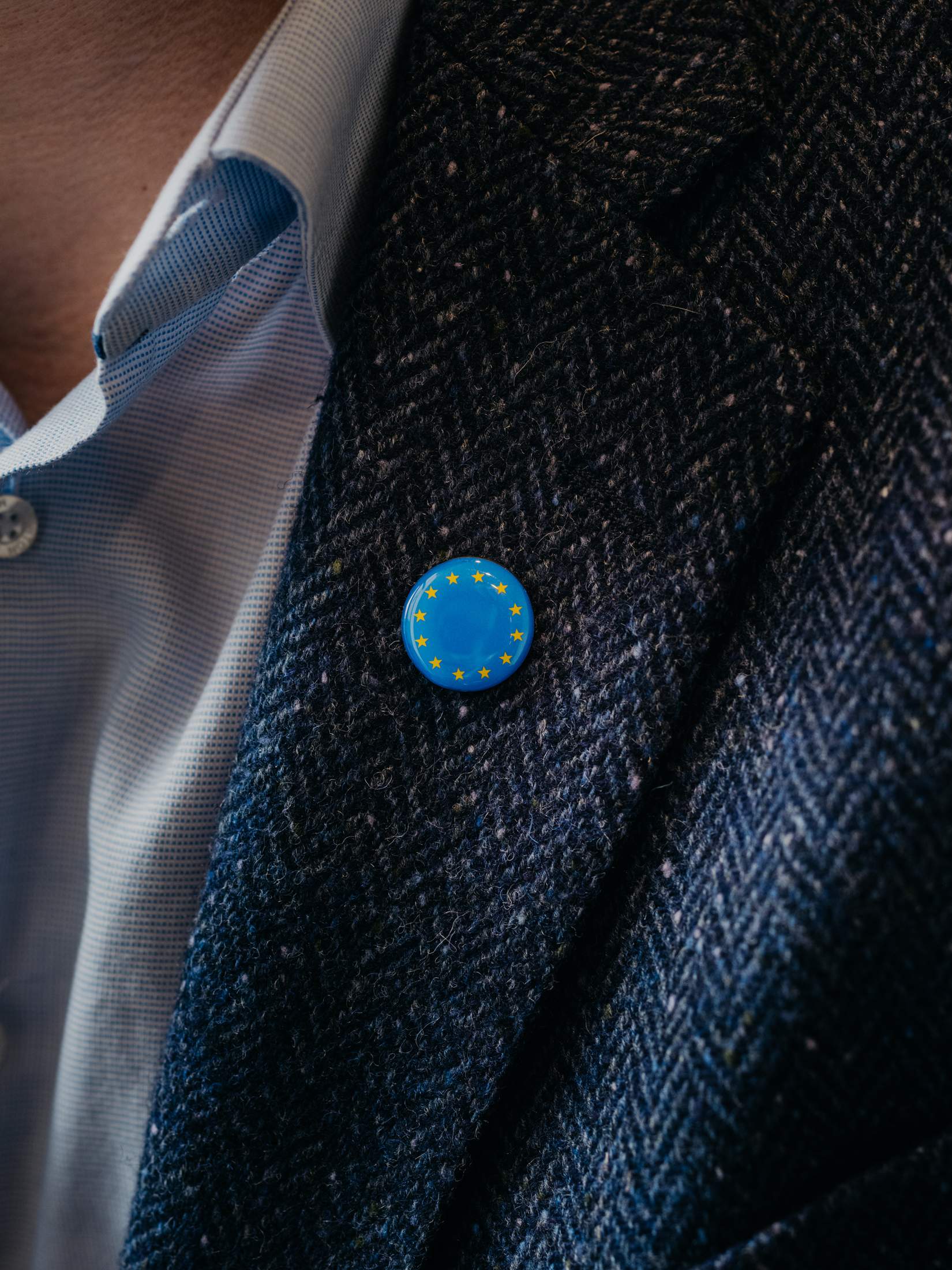

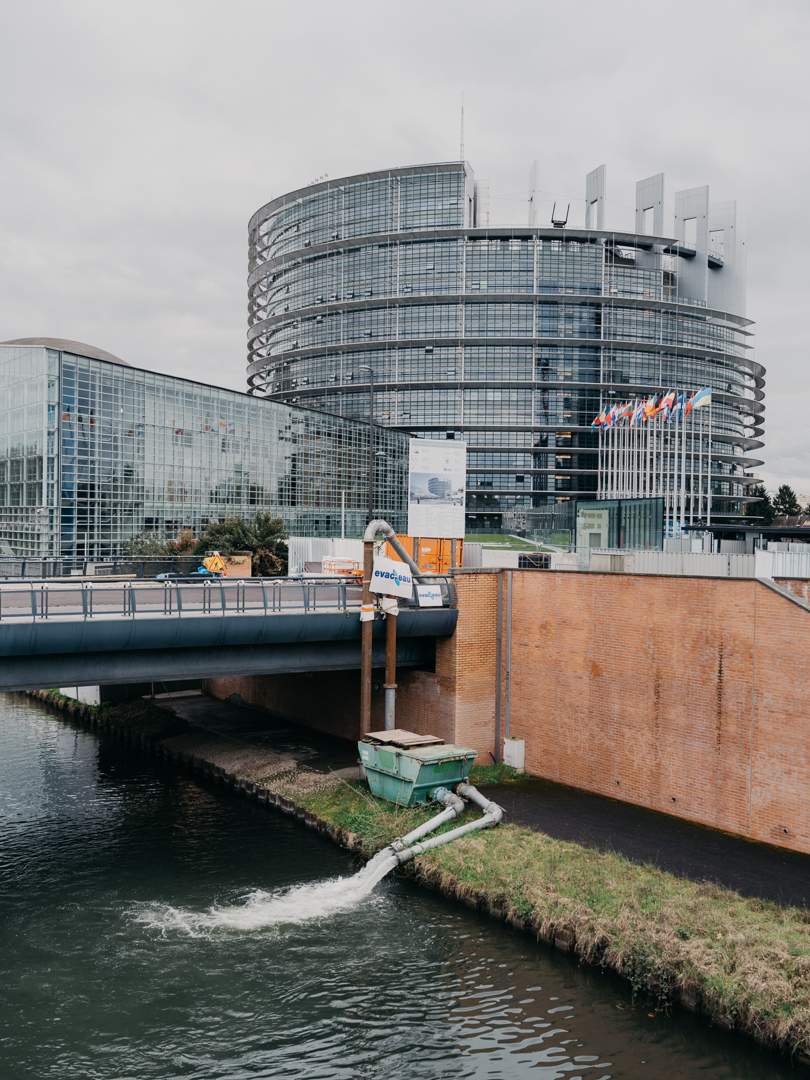
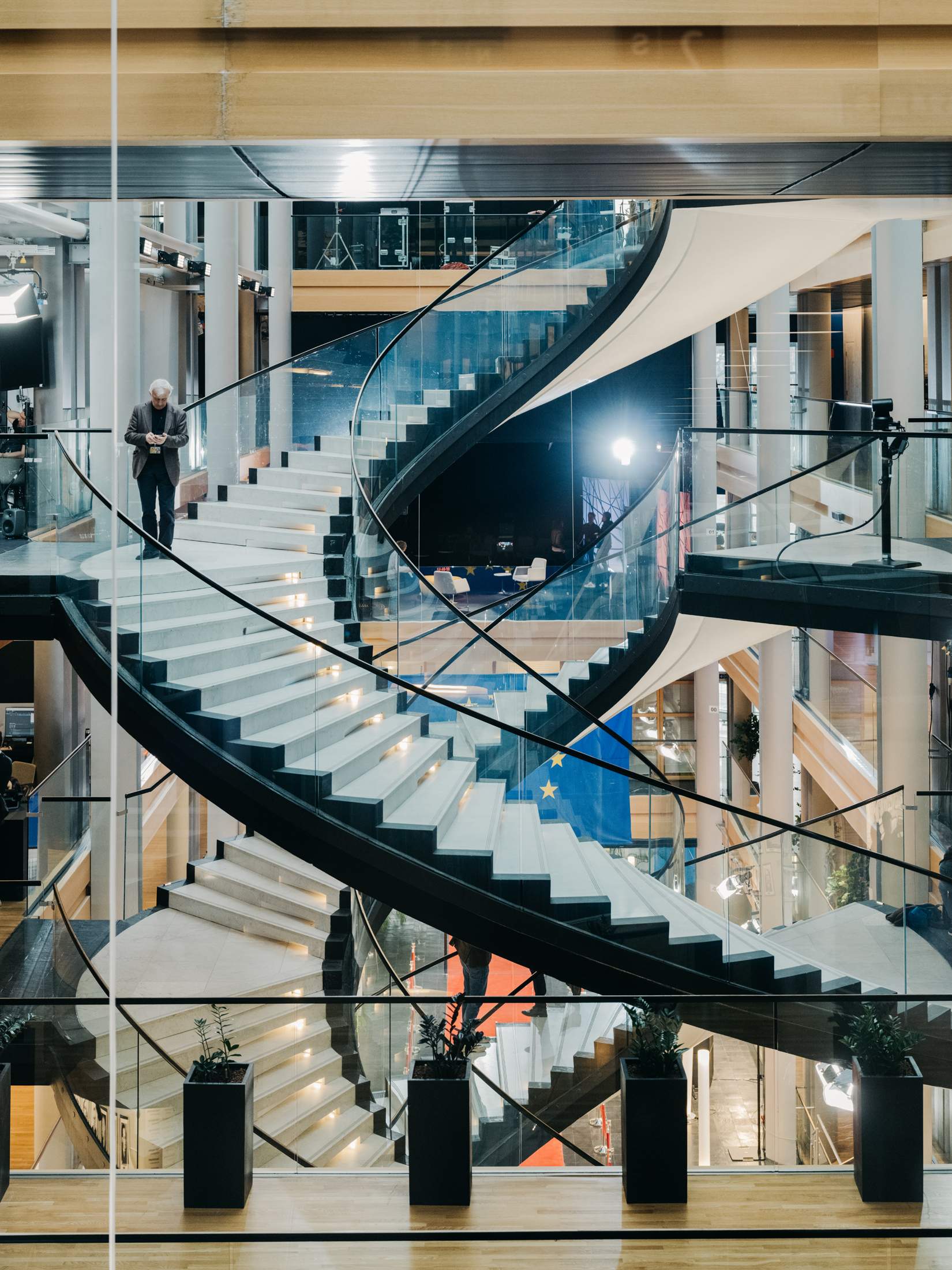

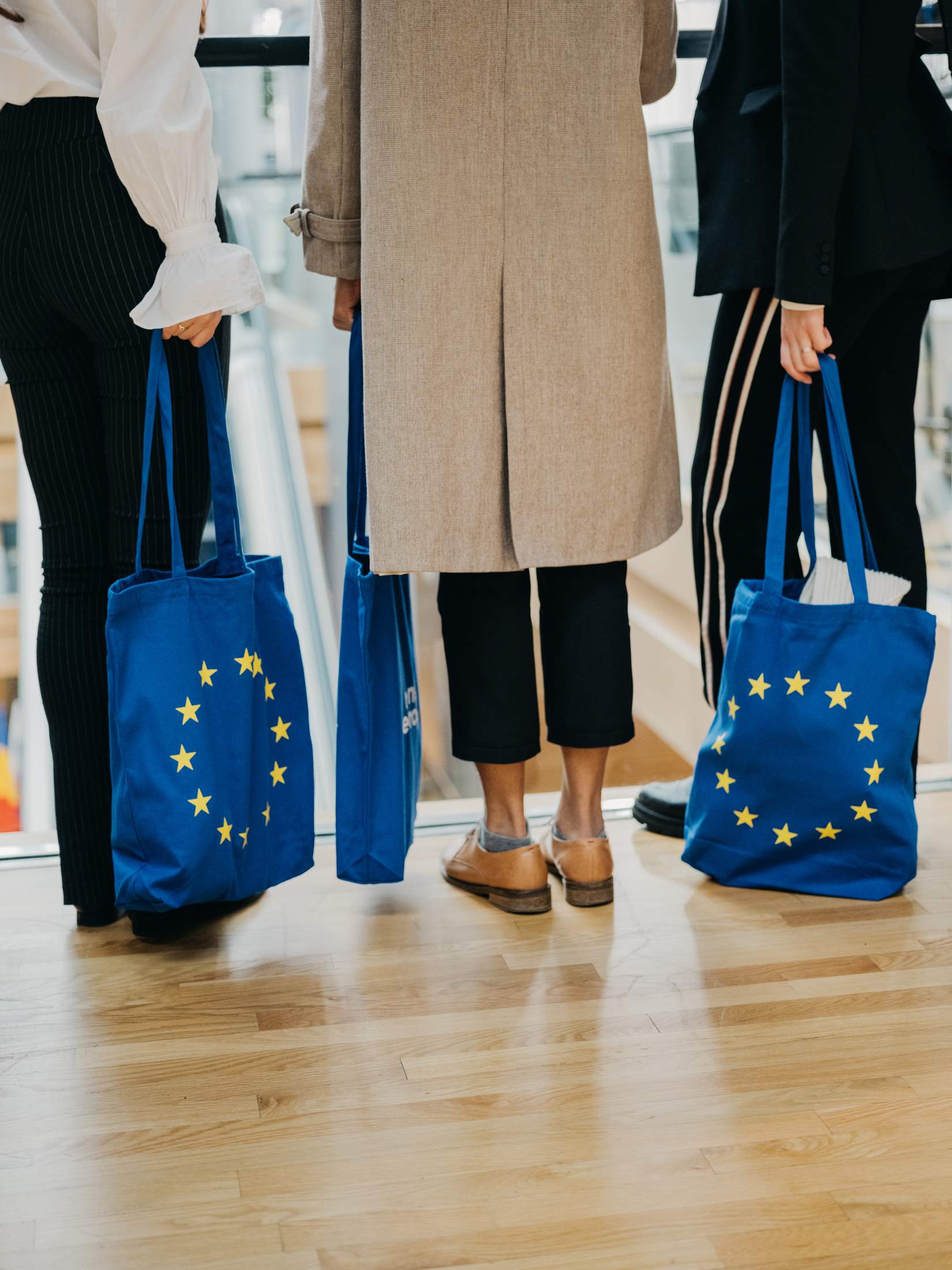
Strasbourg is a very handsome city. Its largely intact medieval centre is ringed by canals and is home to one of Europe’s finest Gothic cathedrals. But it is doubtful whether these charms could draw enough tourists to support its 103 hotels. Perhaps unsurprisingly, the city’s authorities are vociferous in their support for keeping the EP where it is. Its Green mayor, Jeanne Barseghian, has repeatedly dismissed arguments for moving it all to Brussels – even those relating to the sizeable carbon footprint accrued by meps flying to her city every month.
Barseghian’s views reflect those of the French government and its meps. The EP is the only EU institution based in France (the Council of Europe and European Court of Human Rights, also in Strasbourg, are distinct from the EU) and the country isn’t about to let it go. Indeed, in what is largely seen as an attempt to shore up its position, Paris is trying to expand the EP’s presence here. There have been long-running attempts to convert an existing office building into a hotel for meps and their staff, a move that would then justify the purchase of another site to be turned into offices. The Osmose building next to the parliament was erected on spec by private developers in the hope that the EU would buy it – an idea that was heavily criticised by meps. In the end, the French government bought the building for €53.5m and has agreed a deal to lease it to the EP for €700,000 a year.
It is difficult to find a non-French mep in favour of keeping the Strasbourg seat and impossible to find a French one who is opposed to it. The country’s 79 parliamentarians represent 22 parties of almost every political stripe – from far-left to far-right; from Corsican nationalist to eco-socialist – and yet all are united on this issue. In an office deep in the bowels of the Winston Churchill building, monocle asks French Green mep David Cormand whether this is the only subject that he and his compatriots have ever agreed on. “Well, that and the very big trucks,” he says. What “very big trucks”?
“Yesterday parliament passed a resolution authorising the use of mega-trucks, carrying up to 44 tonnes, on European roads,” he says, leaning back in his chair. “France is in the middle of the continent so we will suffer the most from these. All of the French meps voted against it.”
This is a salutary lesson in the EP’s work, which at first sounds amusing, then sensible, then quite amusing again. Perhaps that’s why its defenders often have a hard time rousing their audience: they must appeal to the heart using the language of a bureaucracy. My French interlocutors begin by justifying the Strasbourg seat on political grounds, citing historic Girondin principles of decentralisation, but eventually fall back on symbolism. “It is a symbol but if we kill all symbols, what do we have left?” says Cormand. “We will only have a market. We would only deal in business. I don’t want to build that.”

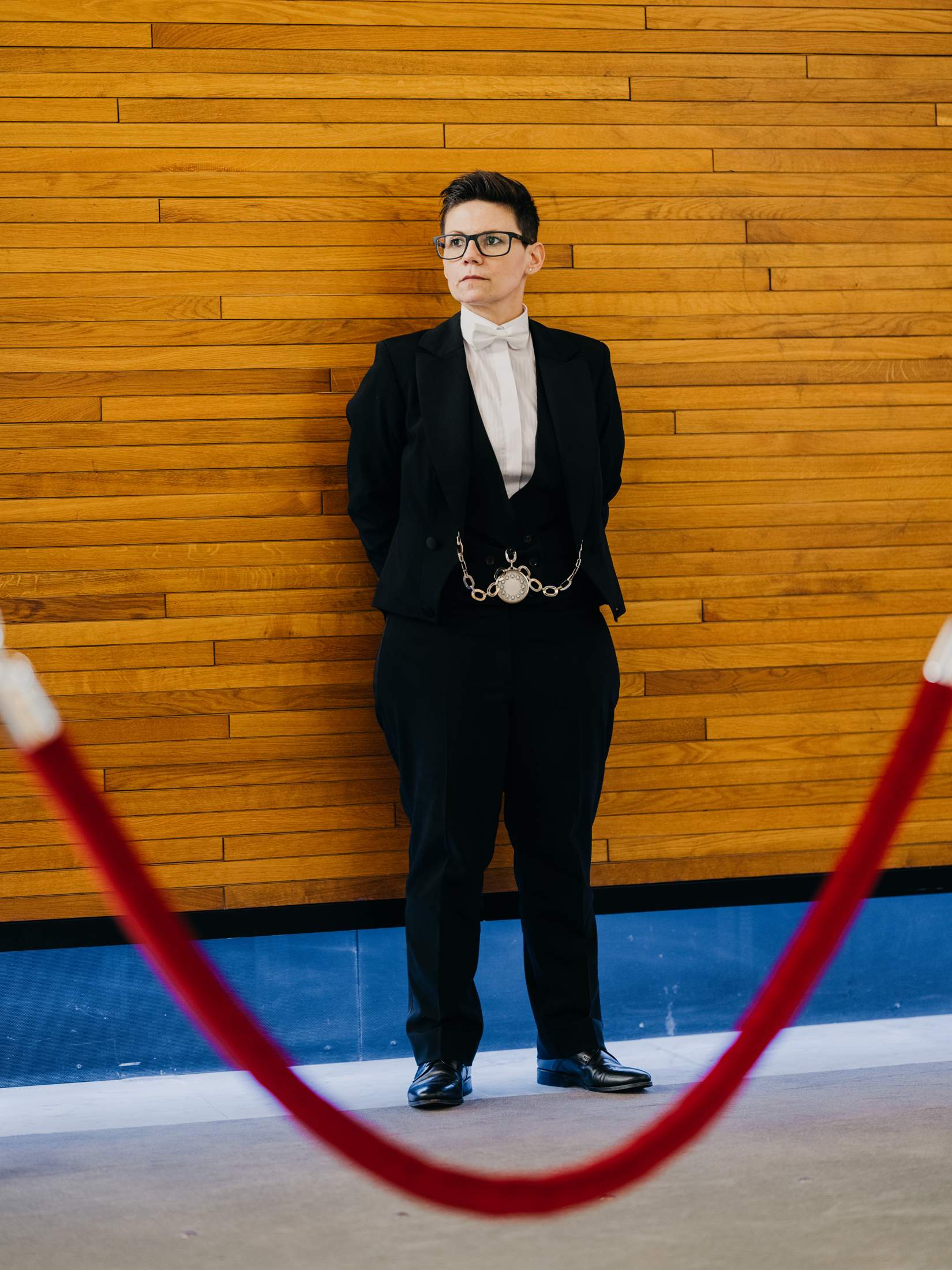
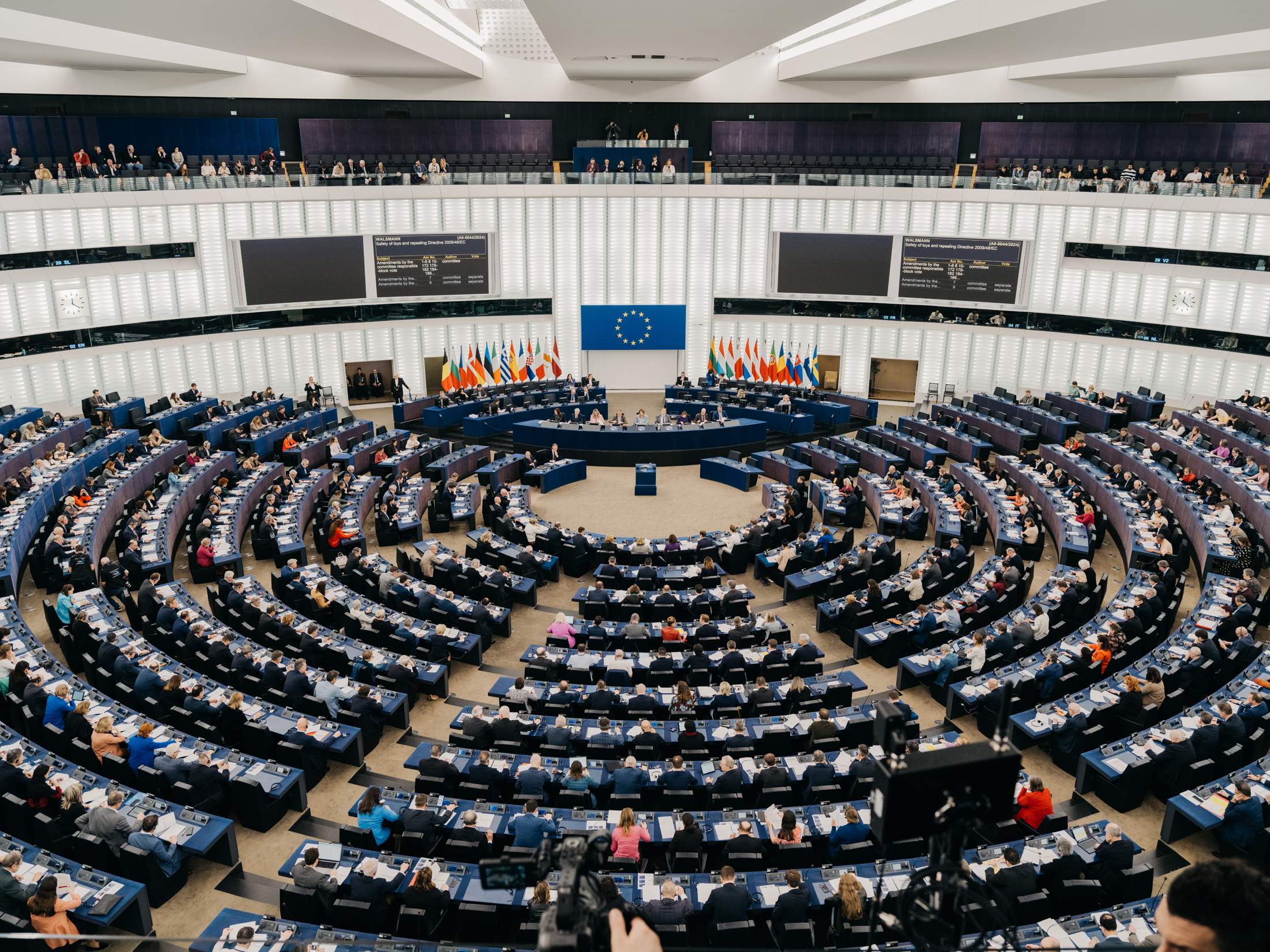
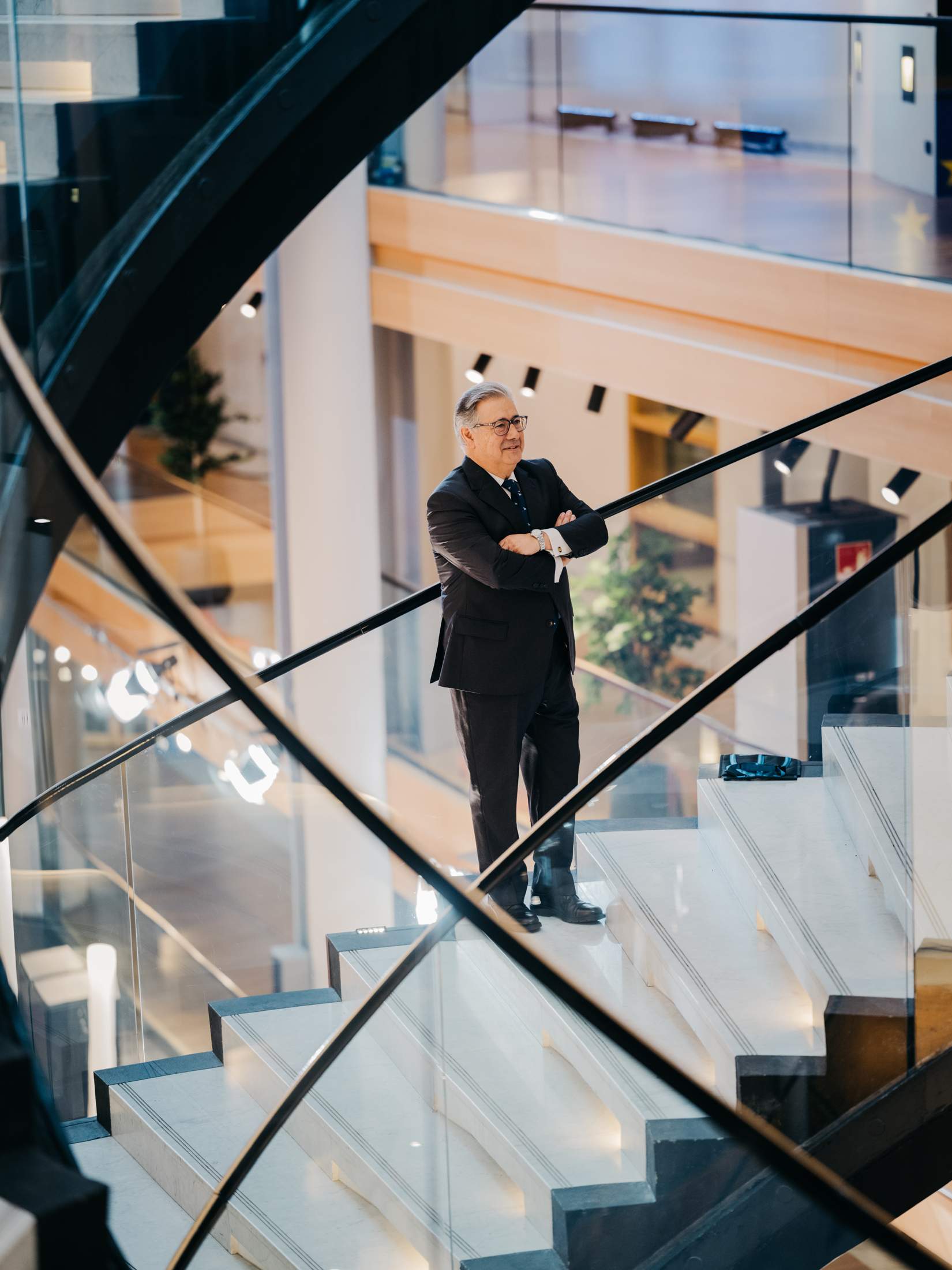
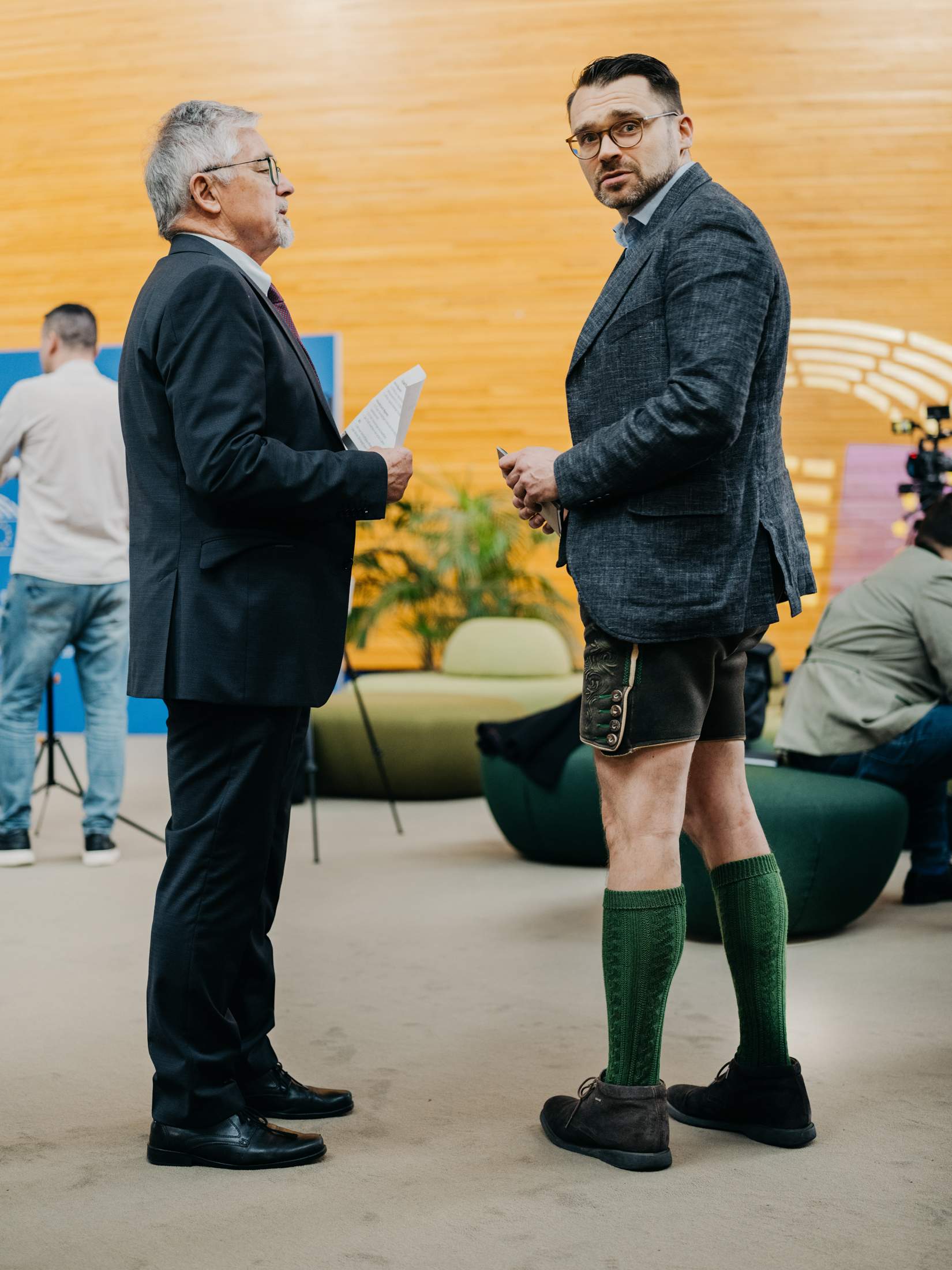
Fabienne Keller, a former Strasbourg mayor and now an mep for the Renaissance party, is less conciliatory. “There’s no reason to have a vote or anything,” she says. “It’s not a decision to be taken.” She’s blunt but right. In order to change the EU constitution, there needs to be unanimous support from member states and France will never agree to relinquish the EP. So the bloc must find a way to compromise, to muddle through.
This is what the EU does. It is its greatest strength and greatest weakness. meps come to Strasbourg to vote on legislation but, in order for laws to even be put before the chamber, their passage must almost be a foregone conclusion. Parliamentarians and commissioners haggle for months, often years, over laws before they reach a position that will allow a majority of meps to give their assent. Still, alongside the many regulations, tax codes and subsidies that are rubber-stamped here, radical work is done. While monocle is in town, the EP passes world-leading legislation regulating artificial intelligence, cleaning up business supply chains and strengthening powers to confiscate criminal assets. It’s not necessarily glamorous but it’s important.
Any pizzazz is provided by power and success, which usually come from the outside.
Whenever someone with political clout visits Strasbourg, their presence stirs the whole estate. This week it’s Finland’s prime minister, Petteri Orpo, who is here to offer his government’s views on pan-European security co-operation. During his speech to the chamber, known as the Hemicycle, there is a hushed deference.
The Hemicycle is an impressive space. Here, the different parliamentary groups occupy seven sections that fan out from the centre, in which stands a solitary podium. The public gallery, two floors above, sweeps around the entire room. Every seat features a neatly positioned pair of headphones into which translators whisper their work. All is bright but not overlit. But no debating takes place here. meps can speak for a maximum of one minute, a strange format that journalist Tim Adams once described as preventing “personal anecdotes, specific examples, jokes, argument, passion, anger, thought...” – in other words, any rhetorical device that you might reasonably expect in a parliamentary chamber.
But today there is anger and most of it is coming from one of the EP’s two right-wing groups: Identity and Democracy (ID), made up of far-right parties such as Marine Le Pen’s Rassemblement National, and the European Conservatives and Reformists (ecr), which includes parties such as Giorgia Meloni’s Fratelli d’Italia. These are the Eurosceptics and their presence reflects one of the EP’s most jarring contradictions. They exist in opposition not just to the ruling party but the entire institution. Yet their presence gives the EP a credible claim to being a proper democratic establishment. They are usually easy to spot – or, at least, their apparatchiks are, with their bad suits and cropped hair.
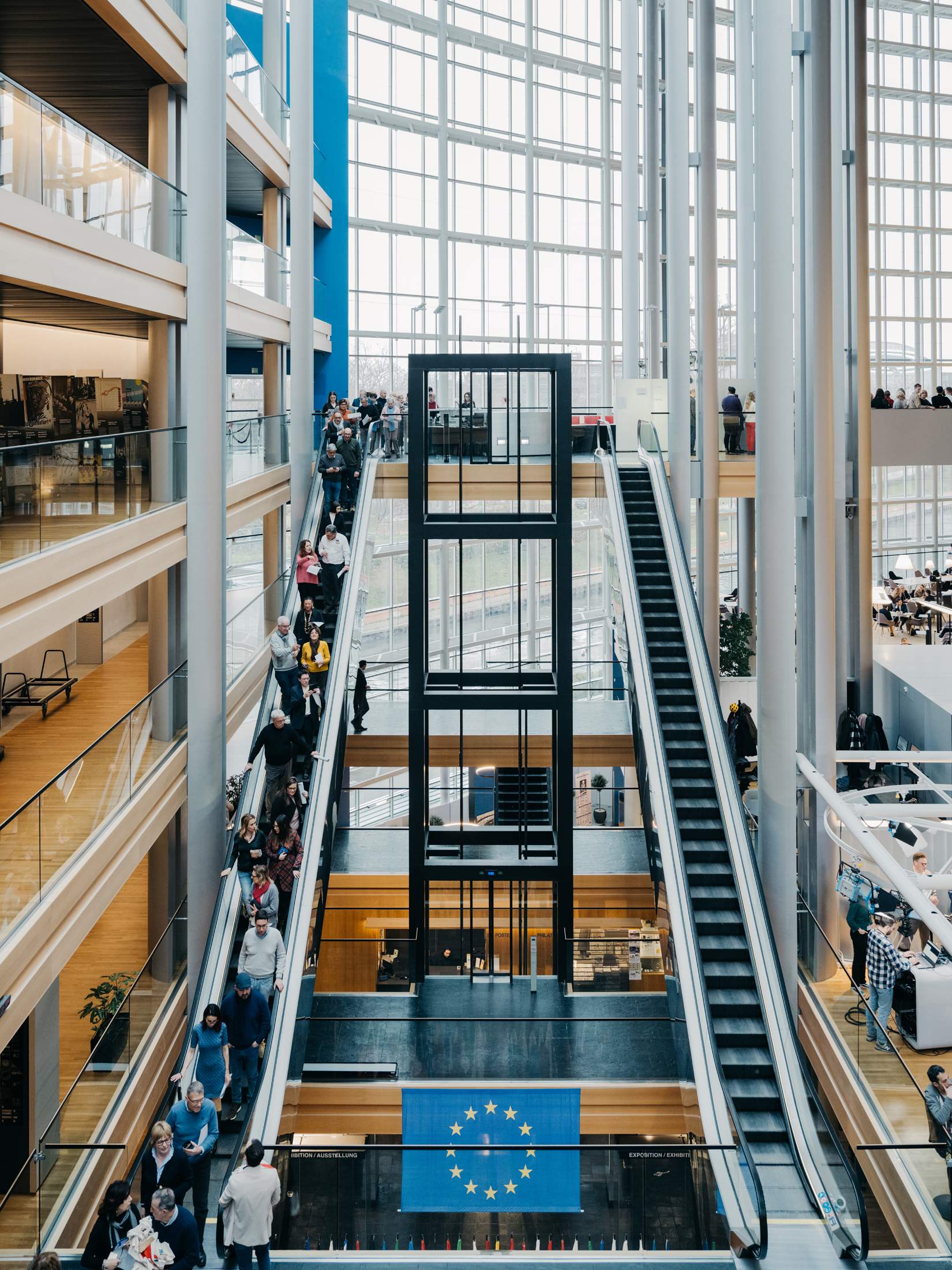
Not all of them, however, are the far-right bogeymen of popular imagination. monocle meets Alternative für Deutschland’s Gunnar Beck in the meps’ bar, which is 25 metres from the entrance of the Hemicycle. He has bouffant hair and wears a tweed jacket, and speaks, unusually for a far-right German mep, in a posh English drawl. Beck is an expert on European law who taught for many years at London’s School of Oriental and African Studies. He still spends a lot of his time in the UK, from where he gets the train to Paris and then to Strasbourg for plenary sessions. Though his views on immigration or the war in Ukraine offend the consensus here, some
“We don’t even have debates on particular subjects. No one’s voting behaviour is influenced by what is being said here”
might consider his opinions on the workings of the EU quite sensible. “We don’t even have debates on particular subjects,” he says. “No one’s voting behaviour is influenced by what is being said here.”
If the EP is just a chamber of acclamation where there is no debate and legislation is merely rubber-stamped, what is it for? Surely the work of legislating for the bloc could be done solely by the EC, whose 27 members are appointed by the national governments. Then you could do away with the Strasbourg parliament, the chartered trains, the lorries filled with paperwork, the 275 translators – the whole travelling circus. Wouldn’t that be the rational thing to do?
But the EU isn’t really about rationality – not in a procedural sense anyway. It’s about agreement and, therefore, compromise. In this regard, Strasbourg represents both the best and the worst of the entire European project. During our two days there, monocle is dumbfounded by its architecture, befuddled by its methods and bewildered by its bureaucracy. But we are also moved by the large groups of schoolchildren milling around, humbled by the idea of a 27-nation parliament and surprised by the ragtag nature of meps – rather than stale Eurocrats, those who we meet are often idealists, rogues or eccentrics. Maybe you need to have no skin in the game to look at the EP in such romantic terms. Or perhaps having skin in the game is the only way you could do any of this at all. —
At the extremes
As the EU heads to the polls, how should the establishment respond to the expected far-right surge? In Brussels and Strasbourg, a coalition of centrists has long held the levers of power. This includes the Socialists and Democrats (s&d), the liberal Renew Europe (RE) and the conservative European People’s Party (epp), the frontrunner in this year’s elections. But polls suggest that the far-right European Conservatives and Reformists (ecr) and Identity and Democracy (ID) could secure a quarter of the vote. The epp could find itself having triumphed only to face a main rival from the same side of the political spectrum. Prominent epp members have so far refused to discuss making deals with the far-right, which could embolden the faction, especially in Germany and France.
Jerry Zagoritis of Campaign Lab thinks that the current coalition will hold but tilt rightwards. “The dynamics will be different,” he says. “The epp will be the new kingmaker.” While the old coalition will still control the top jobs, he says, temporary right-wing alliances could form to challenge, for example, green initiatives. “The ecr and ID increasingly hold contradictory positions on matters such as Russia,” says Zagoritis, so they might not be united enough to play a pivotal role.
In March, Czech and Belgian authorities claimed that some meps had been paid to promote Russian propaganda ahead of the elections. To keep the threat at bay, it’s likely that there will be a repositioning of priorities when campaigning starts in May to address the gripes that are helping the far-right to attract support: the treatment of farmers, concerns over migration and climate-change policies.


